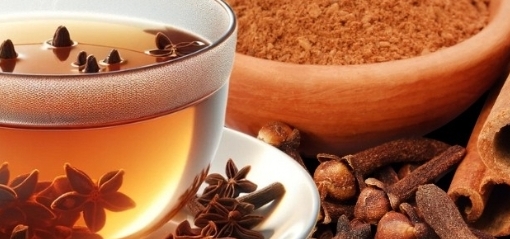It’s important to approach claims like “Mixing cloves with cinnamon can trigger irreversible body reactions” with a healthy dose of skepticism and fact-checking. Cloves and cinnamon are both popular spices used worldwide for their distinct flavors and potential health benefits. Let’s break down what’s known about these spices and the implications of mixing them.
Understanding Cloves and Cinnamon
Cloves are the dried flower buds of the clove tree, used in both culinary and medicinal applications. They are rich in antioxidants and have antimicrobial properties. Cloves also contain eugenol, a compound with pain-relieving and anti-inflammatory qualities.
Cinnamon is made from the inner bark of trees from the Cinnamomum genus. It’s cherished not only for its aromatic warmth in dishes but also for its antioxidant, anti-inflammatory, and antimicrobial effects. Cinnamon is especially noted for its potential to manage blood sugar levels.
Potential Interactions and Health Impacts
Combining cloves and cinnamon in culinary amounts typically doesn’t cause adverse reactions in most people. Both spices are commonly used together in various dishes around the world, such as in spice mixes like garam masala and pumpkin spice.
Health Benefits of Mixing Cloves and Cinnamon:
- Enhanced Antioxidant Properties: Both spices are high in antioxidants, which help combat oxidative stress and may reduce the risk of chronic diseases.
- Digestive Health Support: Both cloves and cinnamon are known to aid digestion. They can help alleviate digestive symptoms such as bloating and gas.
- Antimicrobial Effects: The eugenol in cloves and the cinnamaldehyde in cinnamon both possess antimicrobial properties, potentially fighting certain bacteria and fungi.
Considerations and Precautions
While moderate consumption of these spices is generally safe for most people, consuming them in excessive amounts can lead to negative effects. For instance, too much cinnamon, particularly the cheaper Cassia variety, can lead to liver toxicity due to its coumarin content. Similarly, excessive consumption of cloves can cause mouth irritation, sore gums, and other gastrointestinal issues.
Conclusion
The claim that mixing cloves and cinnamon can trigger irreversible body reactions is largely unfounded when speaking of normal, dietary use. As with any food or spice, the key is moderation. Both spices can be part of a healthy diet and offer several benefits when used appropriately. However, if you have specific health conditions or concerns about potential interactions with medications, it’s wise to consult with a healthcare professional.
